Maca is often called one of the lost crops of the Incas. It is part of the cabbage family and is related to the rapeseed and Chinese cabbage.
It can be seen in the high plateaus of the Andes, where every plant is highly nutritious and rich in healing properties. Only maca, along with 3 other types of plants, is able to grow in the harsh conditions of the region.
In the past, Maca was a main source of food for millennia. The Incan tribes of South America thought it to be a magical gift, given to them by the Andes.
It was most frequently used as an aphrodisiac, as well as to increase fertility. From the historical records of those times, it becomes apparent that the Incas consumed impressive amounts of the plant to boost their endurance and strength in battle.
When Columbus came to South America, he encountered the magic plant - maca. He brought it back to the Spanish king. From then on, maca was used as a way to enhance a king's strength.
From millennia long past till this very day, girls in Peru begin eating maca as early as 3 years of age. This is done so they grow up fertile and in good hormonal health.

Thanks to this, they remain fertile long years after other women. Menopause in them is not accompanied by unpleasant symptoms.
Today, maca finds numerous uses. This is due to the vitamins B, C and E found in it. There is no lack of minerals either - zinc, phosphorus, calcium, magnesium, iron, as well as crucial unsaturated fatty acids.
Maca's benefits to libido have been proven. It has a stimulating effect for men, gives more energy and endurance, provides greater muscle mass.
Maca is considered an extraordinary plant also because of its rejuvenating and renewing effects on the endocrine glands. It has been proven to stimulate the hypothalamic-pituitary axis in the brain.
As a result of that, the hormone production in the ovaries, testes, adrenal glands, pancreas, thyroid gland and others is increased.
Maca is a natural product, unlike other hormonal balance products that are used for similar symptoms and diseases. That is why it is recommended for women during and after menopause, as well as after a hysterectomy. It also helps against fatigue, stress, hot flashes, nighttime sweating.
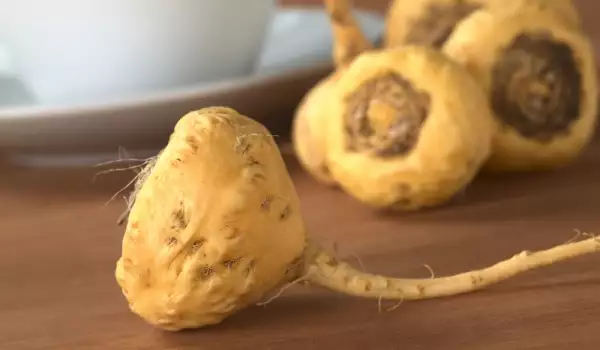
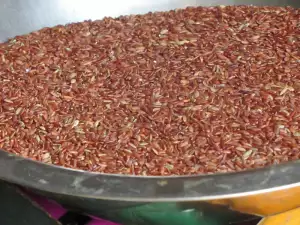


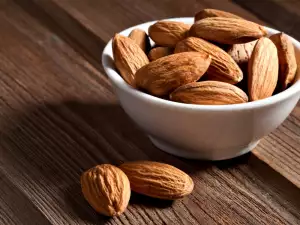
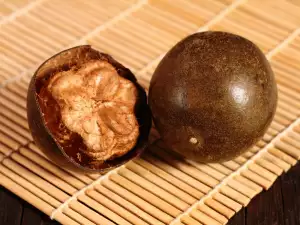

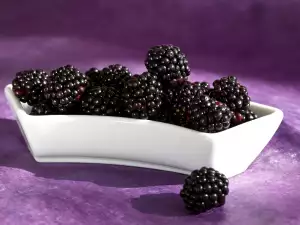
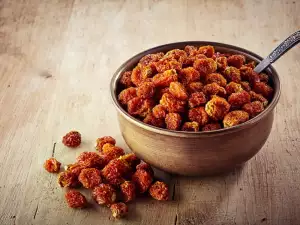


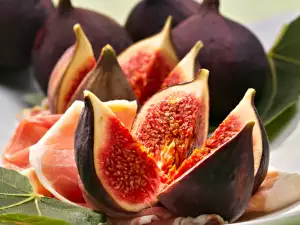
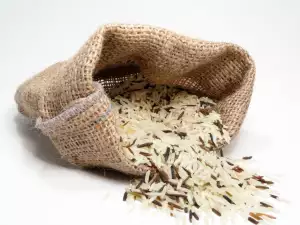
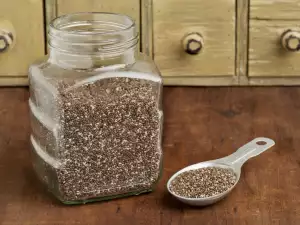
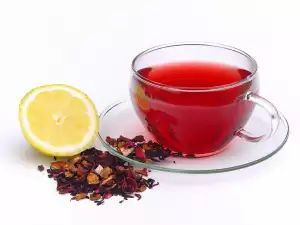
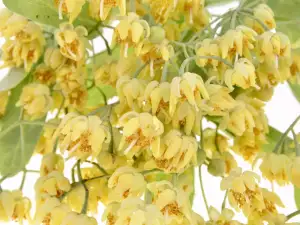




Comments